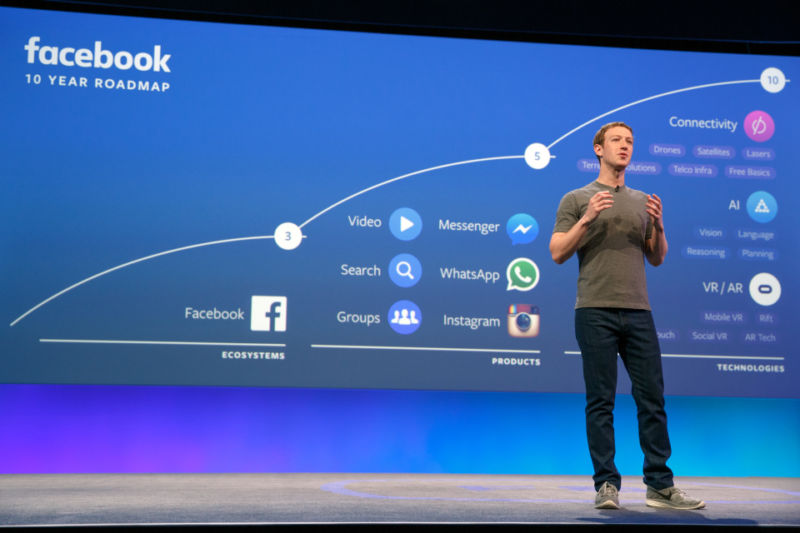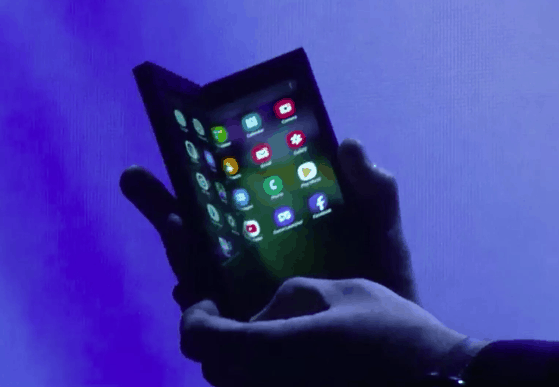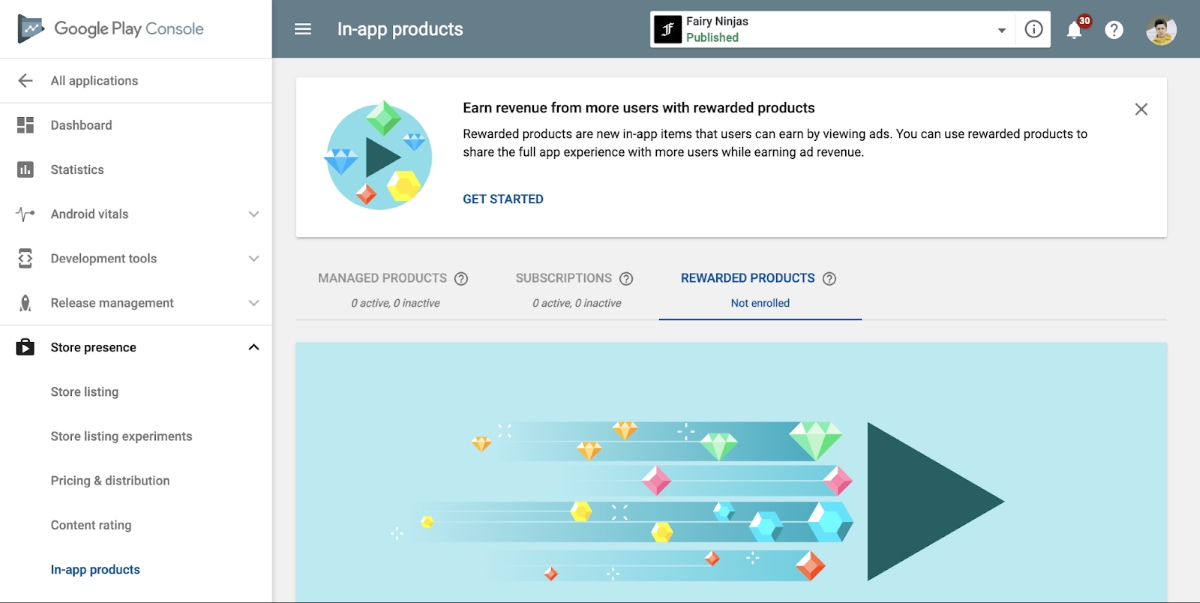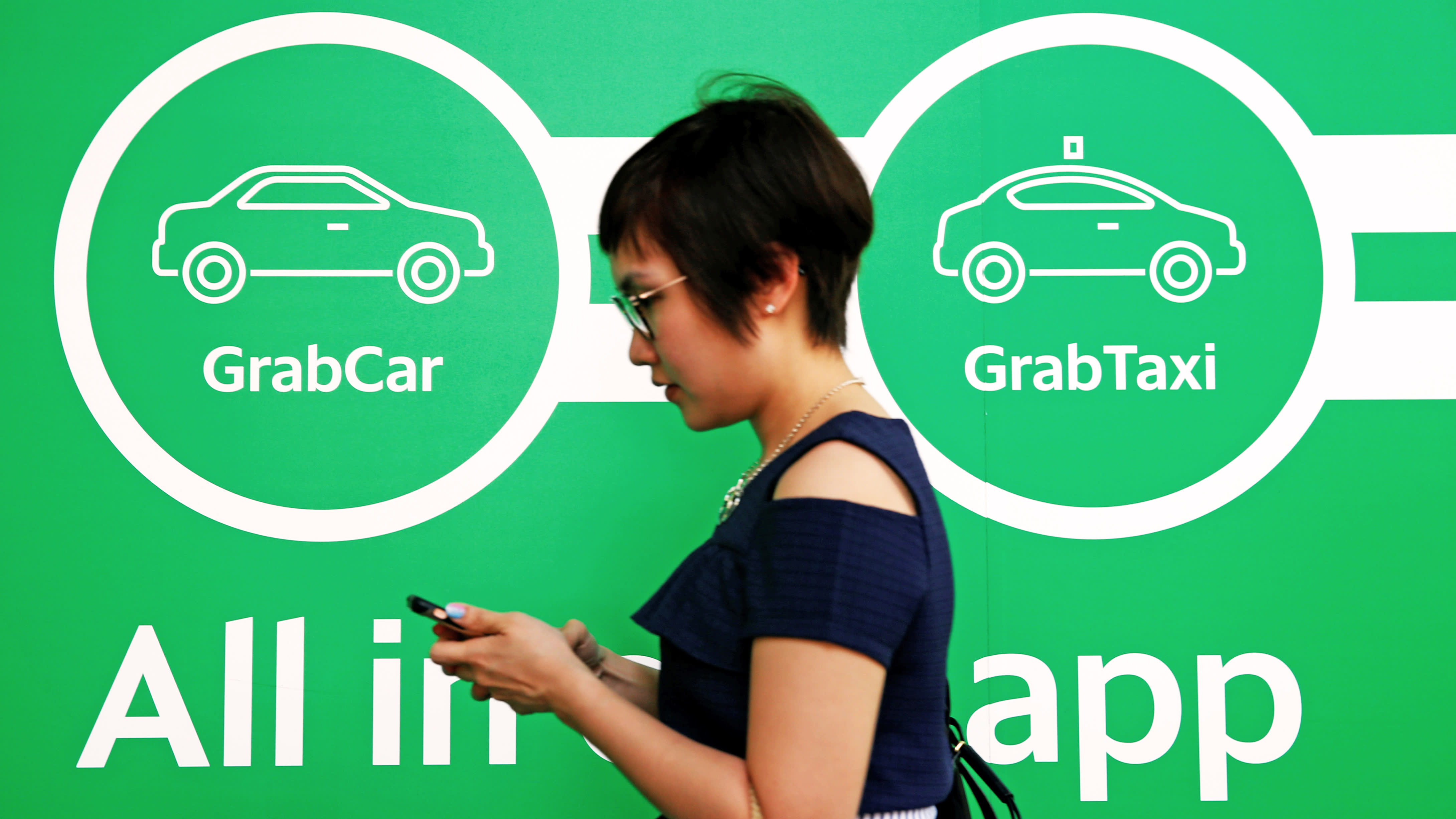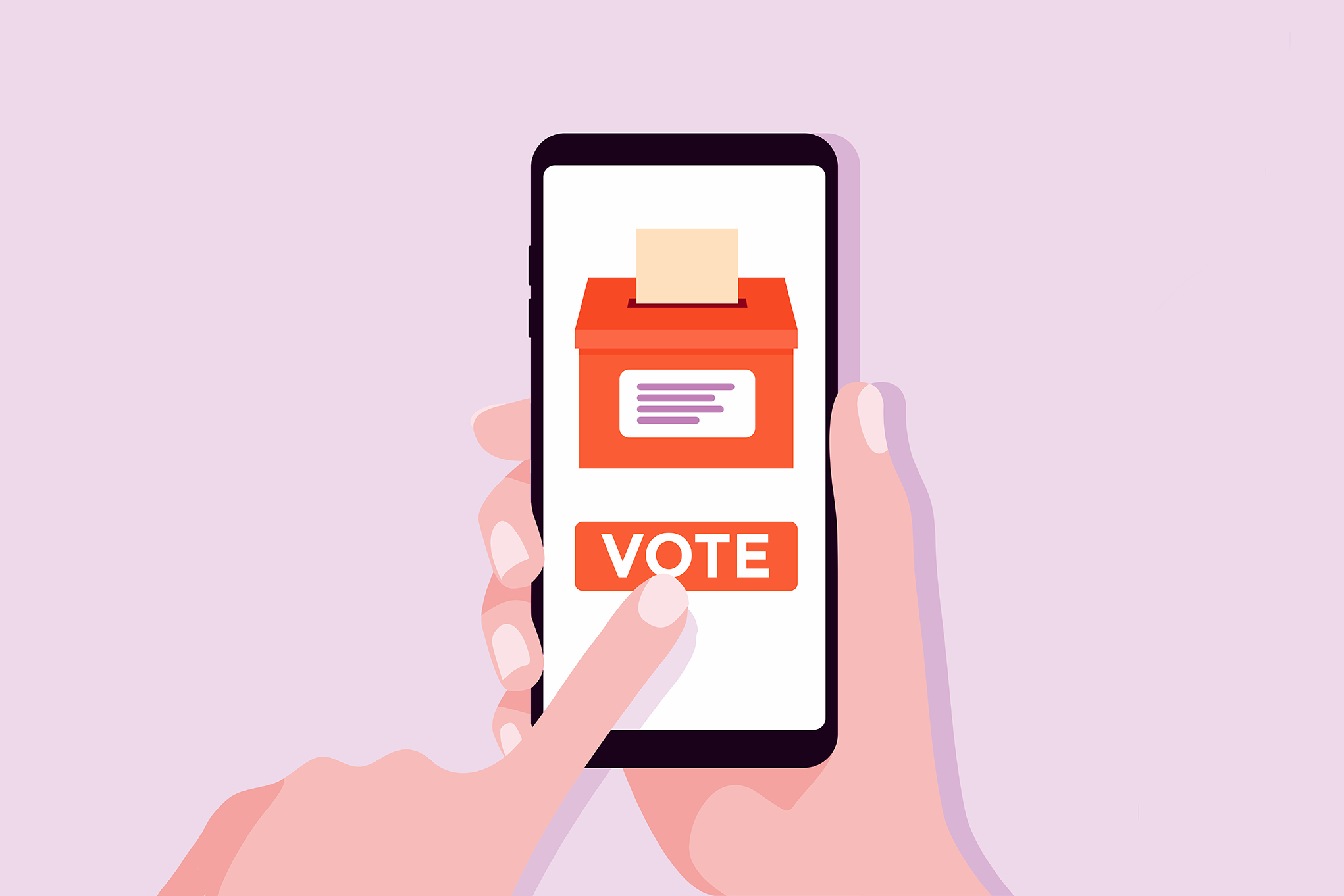Find out the week’s top mobile stories from around the world.
This week.. Facebook’s new privacy plan, 5G poses ‘dramatic challenges’ to privacy and personal data, how much does mobile data cost across Europe and much more.

Facebook: What’s in Mark Zuckerberg’s privacy plan?
BBC
After a solid year of data breaches, privacy scandals and controversial policy decisions, Mark Zuckerberg now says he wants Facebook to become a “privacy-focused” social network.
Facebook’s critics have laughed at the suggestion. Until now, it has been encouraging people to share more, scooping up buckets of personal data and using it to rake in advertising cash.
Will it really change, when it makes so much money from us over-sharing?
Read more…
5G poses ‘dramatic challenges’ to privacy and personal data
Marketing Week
The advent of 5G mobile data networks could take threats to personal data and privacy to a new level, the Information Commissioner’s Office has warned.
The potential for large volumes of data to be transferred at high speed over constantly connected networks, which can communicate with personal devices such as smartphones, opens up a variety of marketing uses that could be “creepy” and “intrusive” and poses “dramatic challenges”, according to the ICO’s executive director for technology policy and innovation Simon McDougall.
Read more…
How much does mobile data cost across Europe?
Euro News
The cost of 1GB of mobile data across Europe has been revealed, with Greeks paying by far the most, and Ukrainians the least.
Data gathered in 2018 from 6,313 mobile data plans shows a stark disparity between European nations.
For example 1GB cost on average €1.17 in Poland in 2018, but €6.14 in Germany. Meanwhile the French paid €2.64 compared with €5.88 in the UK. Greece has the highest cost in Europe at €28.88, with Ukrainians enjoying the lowest at just €0.45 per GB.
Read more…
7 key findings about mobile phone and social media use in emerging economies
Pew Research Center
The use of smartphones and social media increased rapidly in the past decade in the United States, and these digital technologies have also become common in parts of the developing world.
A new Pew Research Center report analyzes public attitudes and experiences related to these technologies in 11 emerging economies – including the benefits and challenges that digital connectivity brings to people’s lives and societies.
Read more…
Mobile World Congress 2019: Where smartphone battles unfolded
Computer World
At the recent Mobile World Congress (MWC) in Barcelona, companies made a number of key announcements that will ultimately have a major impact on the smartphone market. While the technical details of the announcements have been well covered, let’s dig a little deeper and see what they mean for device futures and average users.
Read more…
Google Rolls Out New Tools For Developers To Earn From Non-Paying App Users
Mobile Marketing Magazine
Google has introduced a new way for Android developers to monetise their apps and games by making money from users who aren’t willing to make in-app purchases.
With ‘rewarded products’, developers are able to ensure revenue contributions from even their non-paying users by asking them to pay with their time, rather than money, in exchange for in-app rewards.
Read more…
Southeast Asia eclipses China as world’s mobile economy hot spot
Nikkei Asian Review
Southeast Asians are outpacing the Chinese in embracing the mobile economy, with higher percentages of the population in several countries using smartphones to do their banking, to shop and hail rides.
China may be home to giant e-tailers like Alibaba Group Holding, but Indonesia has the world’s highest mobile e-commerce penetration rate, a new report reveals. Thailand leads the way in mobile banking penetration, while Singapore is ride-hailing central — two fields in which China doesn’t even crack the top five.
Read more…
Nintendo Warns Mobile Game Developers to Not be Greedy
Den of Geek
A new report from the Wall Street Journal suggests that Nintendo and some of its smartphone partners disagree on how much money player should spend on individual mobile titles.
The publication claims that a Nintendo employee informed them that executives at Nintendo have informed some of their smartphone developer partners to ensure that mobile games licensed by Nintendo don’t force gamers to spend too much money. That employee claims that Nintendo is much more interested in using their smartphone games as a way to promote console titles featuring the same licenses.
Read more…
City of Denver to Pilot Blockchain Voting App in Coming Elections
Coin Desk
A U.S. city plans to utilize a blockchain system to store and track votes in its upcoming municipal elections in May.
Denver, Colorado, announced Thursday that it would implement a pilot program to allow overseas voters, active-duty military personnel and their eligible dependents to vote using a blockchain-based smartphone app in collaboration with Tusk Philanthropies and Voatz.
Voatz’s technology has previously been used in West Virginia, where active-duty military personnel used the software during the state’s primary and general elections in 2018.
Read more…
Mobile and IoT devices on track to top 12 billion by 2022
Digital Insurance
Mobile technologies continue to connect more people and things than ever. In 2017, there were five billion mobile users worldwide, but over the next five years that number will increase by half a billion to 5.5 billion users, according to a new report from networking technology provider Cisco.
That represents about 71 percent of the global population, the report said.

